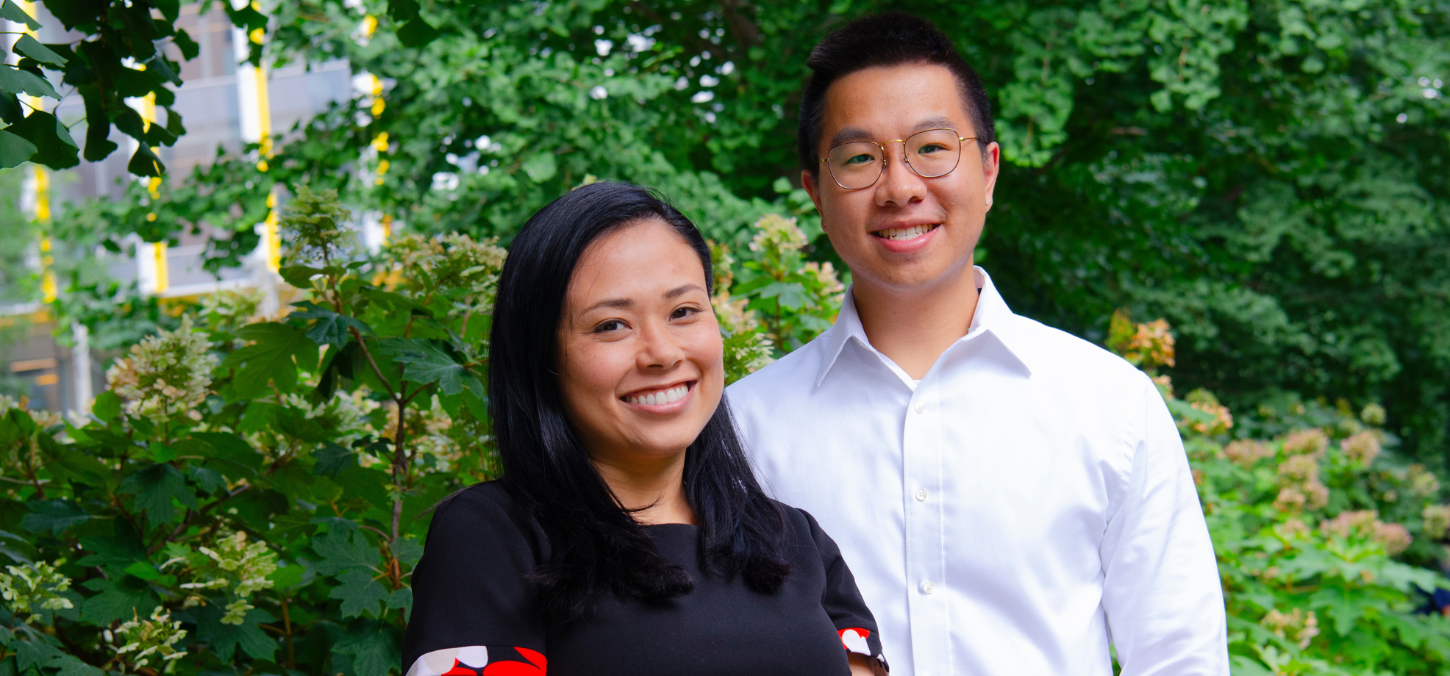
DNA hydrogels show promise for bone regeneration
Assistant professor Karina Carneiro’s lab has made significant strides in the field of bone regeneration using DNA hydrogels. Their recent research, focusing on the development of DNA hydrogels as biomaterials for bone repair, has been published in the esteemed journal PNAS (Proceedings of the National Academy of Sciences).
DNA hydrogels are soft materials with a high-water content, composed of synthetic DNA strands that do not code for new genes. Through base pairing and hydrogen bonding, these hydrogels can be easily synthesized and controlled. Carneiro’s work highlights the potential of DNA hydrogels as a viable alternative to traditional bone grafts, offering biocompatibility and ease of synthesis.
The collaborative team (U of T’s Christopher McCulloch, Brazil’s UNESP Araçatuba’s Roberta Okamoto, and McMaster University's Kathryn Grandfield) conducted extensive in vitro and in vivo experiments to evaluate the properties and efficacy of DNA hydrogels. Ryan Lee Chan, a second-year PhD student in biomedical engineering, and Nadeen Meshry, a second-year PhD student in dental biomedical sciences supported the research at U of T.
In vitro studies demonstrated the hydrogels' ability to promote hydroxyapatite (HAP) growth, an essential component of bone. Osteogenic cells remained viable when seeded on DNA hydrogels, indicating compatibility with living tissues.
“The ability of DNA scaffolds to promote and guide HAP [the main mineral component in bone] growth is an important advantage of these materials” says Lee Chan.
The in vivo experiments involved injecting DNA hydrogels into rat calvarial defects, resulting in successful bridging and partial healing of the bone. Micro-computed tomography and histological analyses confirmed the formation of new bone, further supporting the potential therapeutic applications of DNA hydrogels for bone regeneration.
“The biodegradability of DNA hydrogels is a notable advantage, as they do not release toxic byproducts during degradation. Our research also suggests that the byproducts generated during degradation may contribute to bone formation, making DNA hydrogels potentially osteoinductive.” says Meshry.
For this work, Meshry received the CADR/NCOHR student research award in the senior basic science research category.
The promising results achieved by the research team pave the way for further optimization of DNA hydrogels for bone regeneration. With their potential to act as biocompatible scaffolds, DNA hydrogels hold promise for revolutionizing the field of regenerative medicine.
Carneiro’s groundbreaking research sets the stage for potential advancements in treating bone defects and may offer new hope for patients in need of effective bone regeneration techniques.
Learn more about research at the Faculty of Dentistry.
By: Nina Ambros Beckles
Photo credit: Jeff Comber, IITS